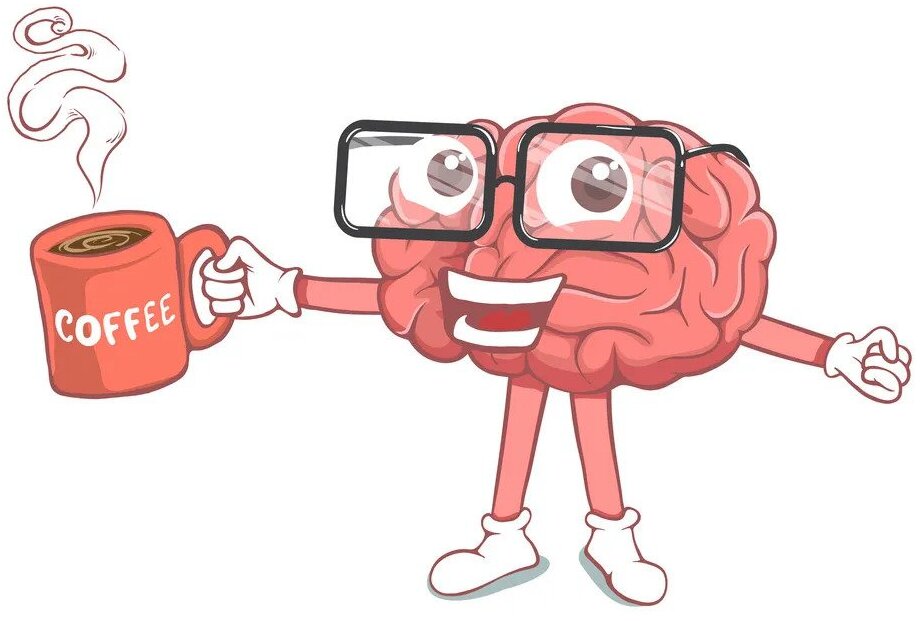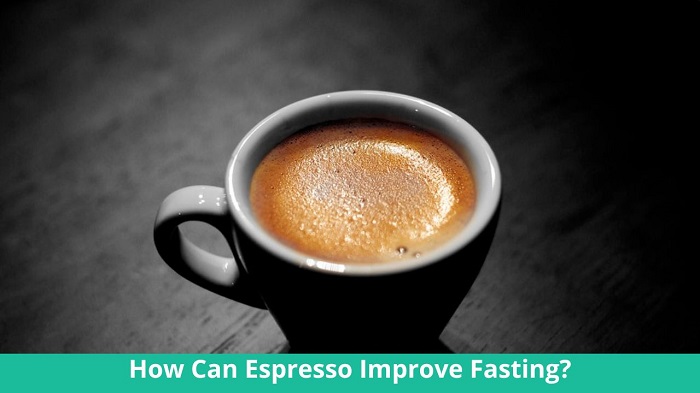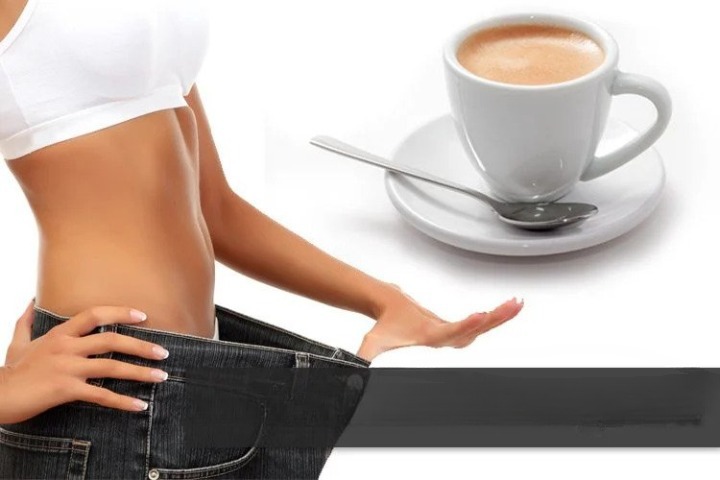Espresso coffee is one of the most popular drinks around. Along with some milk and sweetener, it makes for a perfect morning pick-me-up to kick-start your day. Espresso is also known for its clean, strong flavor, which many people love. But does espresso break a fast? Well, the reply is no.
Actually, it depends on your purpose of fasting. Coffee has a lot of benefits in our daily life. And today I would like to break down clearly whether you are permitted to take expresso when fasting or not! Or, if you get permission, how could espresso help you in fasting? So, hurry up!
How Does Intermittent Fasting Work?
Fasting doesn’t mean going without food or liquids completely. It just means reducing what you normally eat and drink to a limited amount. The basic idea behind fasting is when you eat at regular intervals throughout the day, and your body burns the energy from the foods you eat and stores the excess as fat.
By going through periods of fasting, your body fat is triggered to burn away faster by releasing more energy. Meanwhile, your overall energy consumption stays the same since you’re only reducing your eating period to a certain number of hours daily.
From the nutrition point of view, there is not much coffee. It has only a few calories and very few traces of proteins and fat. So it doesn’t significantly impact your metabolic level. As you may develop the impression that coffee gives you transcendental caffeine energy, the fact is only that coffee contains negligible amounts of calories.
How Does Coffee Enhance The Effects Of Intermittent Fasting?
Caffeine is a natural diuretic, which can help you lose more water weight as you fast.

Brain Enhancement
Proponents of intermittent fasting cite its health benefits, which include the prevention of age-related neurological diseases. Of course, coffee and fasting are both quite beneficial. Professional coffee consumption is associated with a reduced risk of cognitive dysfunction and Alzheimer’s disease, and Parkinson’s disease.
When you skip a meal, your body burns fat as a source of energy, receiving a boost from your brain. Research indicates caffeine in coffee may boost your ketone production as well. Intermittent fasting is also beneficial for brain health through increased autophagy.

Your body’s method of replacing damaged cells is through autophagy. Researchers found that it may increase brain health in older people. Coffee may even be advantageous to incorporate as an aid in intermittent fasting programs.
Body Enhancement

Inflammation is a major source of many diseases. Researchers have determined that intermittent fasting and coffee consumption may effectively reduce spikes in inflammation.
A study shows that higher coffee consumption is connected with a reduced risk of developing metabolic syndrome, an inflammatory condition associated with high blood pressure, extra fat in the pancreas, a high low-carb diet, and low glucose levels.
Research indicates that coffee intake can prevent type 2 diabetes by as little as 19 percent. Moreover, coffee consumption has been connected to up to a 19 percent decrease in the risk of heart failure mortality.
Does Espresso Break A Fast?
It depends. If you’re fasting for religious purposes, black coffee and even Espresso are fine. Some say black coffee can help you boost your metabolism faster than water or tea.
However, if you’re fasting for health reasons, your body should be prepared to break the fast. Aim to break it with a small meal to prevent weight gain instead of hunger pangs. You can have coffee after your meal and before dinner.
If you’re doing a 16/8 intermittent fast schedule, drink your Espresso after eating breakfast and lunch before dinner. If you want to drink coffee for weight loss, avoid having it on an empty stomach, which may lead to blood sugar spikes.
Many people are skeptical about the health benefits of coffee when intermittent fasting. While there is little evidence to show that it’s bad for your body, you should not overdo it with Espresso.
If you have a sensitive digestive system, you can avoid eating or drinking anything heavy hours before your fast, especially if it’s caffeine. Drinking too much coffee may cause insomnia and increase stress levels, leading to overeating later in that day when your stomach is empty and more prone to cravings.
How Can Espresso Improve Fasting?
Espresso is a great way to get up and go when you’re on a fast. It’s also known to give your system a kick start when needed. Let’s see how it improves in fasting!

Boost Your Energy

Intermittent fasting can make your body feel lethargic, but Espresso can boost the energy from your natural caffeine and other stimulating compounds in coffee. It’s possible to have coffee during an intermittent fast if you like coffee and take it often. If you can’t tolerate caffeine, you should avoid a cup of Espresso.
Eliminate Appetite

If you want to lose weight through intermittent fasting, research has shown that one way to stifle your appetite is through caffeine consumption. In a study on drink consumption, participants who were asked to consume a latte instead of water had a reduced desire to eat.
It would be best not to have espresso when fasting as you’ll be left with less energy to work out or get active in the days after your fast. If you’re fast approaching, reduce your caffeine intake by half before starting the fast.
Boost Exercise Capability

Some research has shown that caffeine can help you exercise more vigorously and make you feel less tired. When compared with decaf, caffeine consumption enhances endurance by allowing oxygen consumption to improve.
Coffee is already known to be an effective diuretic, its main mechanism of action for decreasing incontinence. It’s also relatively free of harmful side effects and has a relatively low amount of caffeine per serving
Improve Fat Burning Process

Caffeine can increase fat oxidation during exercise. So if you’re doing a fast and need to burn fat, then have an espresso to kick-start fat metabolism while exercising. The caffeine in Espresso is also proven to make you more alert, increasing physical performance.
FAQs
How To Have Espresso During Fasting?
If you are fasting intermittently, you can consume black coffee but no cream or sugar. Sipping calorie-free drinks during your fast is safe if they don’t contain any calories. If you are worried about your blood glucose levels, you can drink coffee with Stevia.
Should You Drink Espresso When Intermittent Fasting?
It’s fine to have a cup of Espresso as long as it’s not on an empty stomach and you don’t consume more than 2 cups. The best time to have coffee is when you’re breaking your fast. You can drink a cup of coffee after your day’s first meal. This will give you the energy and willpower needed to get through your fasting window in the morning.
Final Words
Espresso may be a great way to get on your feet and experience intermittent fasting. If you’ve already been drinking Espresso, it may be worth trying it out and seeing if it works for you.
Still, if you’ve still confused about Does Espresso break a fast or not, I suggest you read the entire post properly. If you’ve tried having Espresso as an approach to intermittent fasting, please leave a comment below about your experience with it!





Leave a Reply